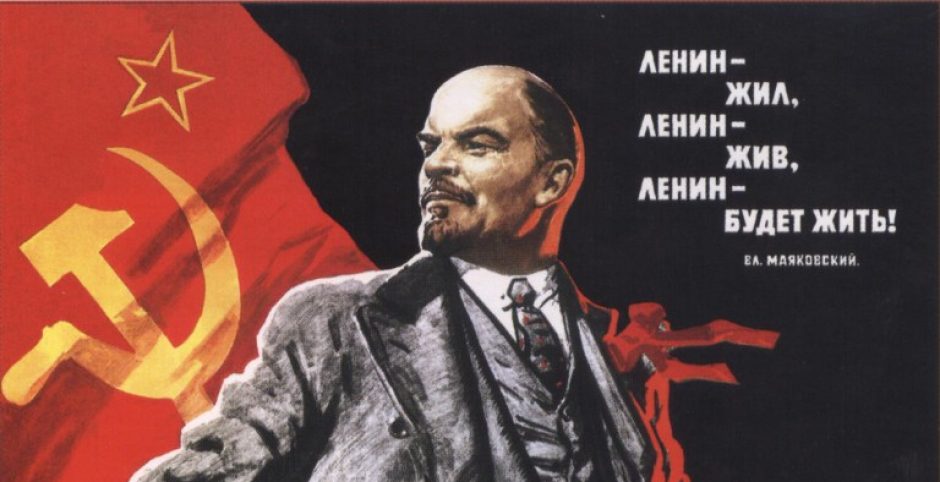The USSR’s attitude towards technology and music demonstrates a tension we have encountered before: that between the desire to establish Russia as an advanced, culturally vibrant country, and the proliferation and cementation of communist ideals. This tension ended up creating many grey areas in Soviet society, in which small acts of rebellion against bland, authoritarian culture could become permissible if they were not explicitly outlawed. Yurchak gives the examples of tape recorders and radios as items of technology that the government actively promoted. This gets to another recurring theme: the desire to live up to the West. While communist values were of course antithetical to the majority of Western “bourgeois” values, what appears to be happening is an inversion of what we saw occurring under Catherine and Peter. Soviet leaders seemed to be insecure about their position relative to the West, but instead of mirroring Western culture, they instead sought to out-do it. This manifested itself in an appropriation of Western culture that asserted the relevance and prominence of the USSR in the world as a whole, and simultaneously distinguished Soviet culture as unique and superior.
This phenomenon is also evident in the ways in which Soviet youth adopted Western music to shape it to their own values and aspirations, which were in many ways actually compatible with communism. What was evident in this fascination with Western rock was that on the whole, the Soviet youth didn’t mind that they were ignorant of the actual meanings behind the music they had become fascinated with. Rather, the music took on an entirely new cultural meaning, and became assimilated into a new social context. Yurchak explains that “Western rock and other forms of ‘bourgeois’ culture were neither necessarily opposed nor necessarily divided from the dominant socialist culture but were rather thoroughly integrated into it” (Yurchak 212). Although suspicion arose out of this new trend on the end of the Soviet government, what the Russian youth were doing was not much different from what the government was doing by introducing Western technologies to society – they were simply seeking to carve out new identities out of already existing cultural items that allowed them to better articulate the aspirations of Soviet utopianism.
Were these methods of reinterpretation by the Soviet youth truly acts of rebellion, or were they just small reconfigurations of a culture that had been forced upon them?
